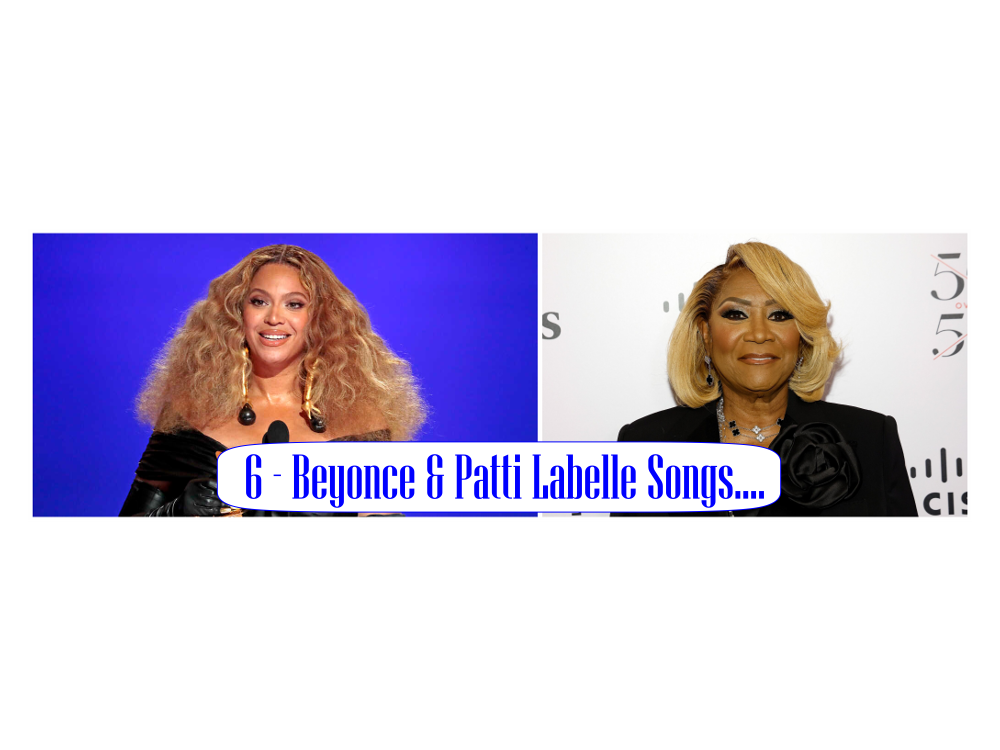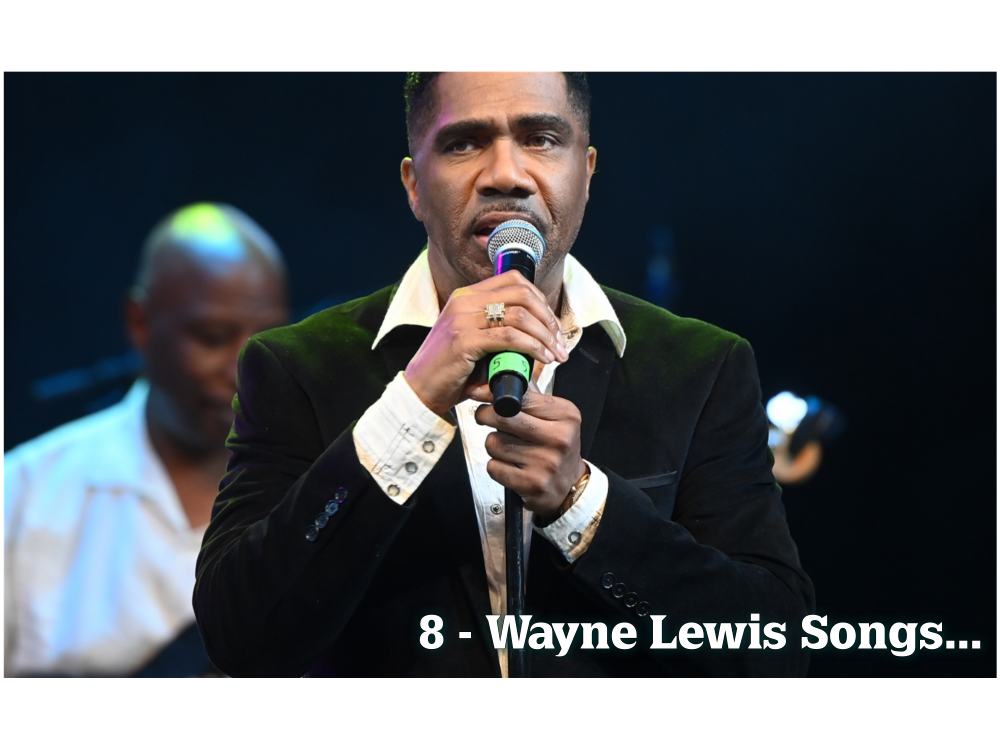(ThyBlackMan.com) Travel through any metropolitan city like DC or Atlanta, and you are likely to see an assortment of luxury vehicles from Mercedes and BMWs to Bentleys and Maseratis most driven by African Americans. Even in some of the most distressed urban neighborhoods it is not uncommon to see high end vehicles lining the streets. Catch us out on the town, and you will find us wearing the latest designer fashions with hair freshly styled even when we are sinking in debt.
To the casual observer one could draw the conclusion that African Americans are doing well. But how is this possible when, according to Money Coach Lynnette Khalfani-Cox the median net worth of Black households in 2009, was  $2,200 compared with a median net worth of $97,900 for White households.
$2,200 compared with a median net worth of $97,900 for White households.
How are we able to look so wealthy when the truth is of the 36 million African Americans, less than .01 percent or 112,000 of Black households in the U.S. have a net worth of $1 million or more. Even at $500,000 in net worth only 333,000 Black household fall into this range. Given these facts, not very many African Americans are truly wealthy even though we look like we are.
According to a report published by Target Market News of the total earning power of $836 Billion that Blacks earn. In 2009, Black households spent an estimated $507 billion in 27 product and service categories. That is an increase of 16.6% over the $435 billion spent in 2008. Most of what African Americans are spending their money on has no appreciable value.
Consider Michael, 44, he drives a brand new Range Rover, has a 5 bedroom house in the suburbs, and wears Hugo Boss suits to his job as a Purchasing Manager. Although he earns $87,000, Michael is just getting by. After he pays his $1,400 car payment, $1,700 mortgage and other expenses, Michael has no money left for savings or investments. From the outside looking in, Michael looks wealthy. The reality is that Michael has less than $2,000 in savings and a negative net worth that includes over $50,000 he had to borrow to earn his graduate degree. Not to mention the decrease in value of the home he purchased right before the real estate downturn.
Michael’s story is not unique; he is like so many African Americans who have been seduced by the appearance of wealth. Many believe driving a luxury car, living in a sprawling home in the suburbs, and wearing designer clothes communicate to the world that they have “arrived.”
John and Valerie Hall have been trying to keep up with “the Joneses” since they got married in 2008. With a combined income of $165,000 annually, they appear to be living the “good life”: they live in a prestigious golf and country club community in Atlanta; he drives a 2010 Porsche Cayenne, and; she drives a 2010 Lexus I250c. From all external indications the Halls are living well, but the truth is that over eighty percent of their take home pay is spent on mortgage, car payments, credit cards, etc. They don’t have an emergency fund and are starting to feel the strain of their lavish spending.
Even those at the lower end of the economic scale are stretching their dollars to obtain the things that are symbolic of wealth. Take Wanda, 47, who works in retail. Although she earns $11.00 an hour, she drives a 2003 528I BMW, and gets her hair professionally styled twice a month which consumes close to 40 percent of her income. For the past eighteen months she has been renting a room from a relative because she cannot afford her own place.
Looking wealthy and being wealthy are vastly different. Wealth is not the same as earning a high income. Income is what people earn from work, interest, dividends, rents or royalties paid from property. Wealth is the value of everything a person or family owns minus their debts. One of the theories about assets says: income feeds your stomach, but assets change your head.
When you are truly wealthy there is a certain confidence that you carry that is not dependent on what you drive or what you are wearing.
Frederick Douglas said, “If we remain poor and dependent, the riches of other men will not avail us. If we are ignorant, the intelligence of other men will do but little for us. If we are foolish, the wisdom of other men will not guide us. If we are wasteful of time and money, the economy of other men will only make our destitution the more disgraceful and hurtful.”
What must we do now?
- Recognize that debt is bondage and it robs our creativity and energy.
- Become conscious consumers and monitor where our money is going.
- Commit to saving and allow ourselves the benefit of having extra cash in our savings. This will make life much sweeter than having a new Louis Vuitton bag.
- Focus on living a more simple life rather than cluttering our lives with things.
- Do not allow our physical possessions to define our self-worth.
- Change our behavior and resist the pressure of living a superficial life.
As we embrace this shift in behavior we will begin to stop looking wealthy and truly become wealthy.
Staff Writer; Harold Leffall
This talented brother is an Empowerment Specialist, Author, Speaker and Entrepreneur. For more info visit; Harold Leffall.

















This is a wonderful topic. I’ve read some “street lit” available from our public library and have been thoroughly disgusted at the stupid materialistic and shallowness of the characters based on perceived wealth. my household worth is high, yet I know I can’t and won’t afford a BMW, Porche, etc, yet I CAN afford a really nice new loaded Honda (a great car) or Toyota, etc.. It needs to be stated that a family can have really nice things and live very well and look great wo spending a ton of money. I mean $165,000/yr? That’s outrageous- My income is under $40,000, yet I live well and my assets are $1,000,000.
How a person dresses conveys social cues and is more important for the poor than for the rich.
Have you ever seen a picture of famed Harlem Renaissance poet Paul Laurence Dunbar? Almost every major metropolitan area has a high school named after him–in the historically black part of town. Mr. Dunbar was the son of slaves, who was mentored by Fredrick Douglas and went to a white school and was best friends with Orville Wright (the one that invented the airplane.)
I am pretty sure that if Mr. Dunbar had dressed like his ex-slave parents that he would not have been allowed to attend a white high school in reconstruction era America, nor would he have been best friends with Orville Wright.
Every picture or painting you will ever find of Mr. Dunbar shows him wearing a suit. Sure men dressed up and wore more formal clothes back then, but there are pictures of Mr. Dunbar fishing with a cane pole and 3 piece suit! I know it fits a stereotype, but in the eyes of many people it is better to wear a suit fishing than to look like a field hand.
The reason that many people of color need to look successful is to set themselves apart from preconceived ideas some people still have of minorities. It is as important for the black woman to wear the Diana Ross Mahogany dress (see this article: https://tressiemc.com/tmcpublicsociology/the-logic-of-stupid-poor-people/ ) as it is for the Latino man to buy a fancy watch in order to show that he “belongs.”
I hate it, but first impressions can make or break a career. Rich white people can afford to drive around in what ever they want! Many “wealth” books talk about how Sam Walton would drive an old pickup truck and wear overalls even though he owned Walmart. What these books are trying to say is that it does not matter what you look like or the impression that you make, these books are promising the way to wealth is through saving and sacrifice.
All of the books and gurus saying to save and sacrifice have it absolutely wrong. People who have the least amount of social capital and job skills are exactly the people who need to fake it in order to get a foot in the door in order to have any chance of getting some income that they can then cut back on the spending and create wealth.
The same reason that Paul Laurence Dunbar wore a suit fishing, is the same reason a 70’s pimp wore an expensive purple fur coat, and the same reason that a poor person today will spend whatever they have to look wealthy–because you have to fake it to have the opportunity to make it.
My father is (retired) but was a top physician in his field. Gave up 2 yrs of good income to work in Sierra Leone. Mentored people of all races and religion. He himself was Jewish and I was adopted. I would like to share a few stories: My dad worked in a professional building that housed many businesses. The building had indoor parking at a cost – reserved for executive types. In the garage were BMW, Mercedes and all of the likely characters that u would expect of an “executive”. My dad had a 1968 VW bug he parked there. One day he was late to see a patient because the garage was full so he got a spot reserved for him. Only reserved spot in the entire garage and it was filled by a 1968 bug. I can only imagine how this must have deflated the egos of these other “execs”.
My dad was giving an exam which filled the hotel with 400 doctors. Needless to say he is big business for a hotel and they give him the presidential suite for filling 400 rooms. It happened to be in a city I lived so I visited him at the hotel. At the reception desk was a black women who I asked what room so and so was in and she asked rightfully, who are you? ” I’m his son” I replied and her eyes just lit up! “Your father is the nicest man (she was from Africa somewhere, I forget but he connected with her from his time there) and she began to introduce me to everybody in the office of the hotel. It was rather embarrassing for me because I was just a college kid nobody. He could have just gotten a key to his room but he took the time to connect with this lady and she was probably the most interesting person he met on that trip.
In NY with my father and me were looking at TVs ( plasmas when they first came out). The security guard made some Snide comment to the point of something like you can’t afford one ( this is when a 32” was 3k). My father is a better man than me and moved along. I would have bought ten and smashed them In front of him. Point being most people who have wealth don’t bother or need to show it. My father was a high income earner but certainly business owners make tons more and should be respected because they provide and create jobs. I obviously am very proud of my father, not because he could buy a Porsche but because he never did and at the same time treated people as human.
LOL!!!!!understanding commerce and trade is the key to any group of people’s existence. I hate when I hear black people say “money ain’t everything. Money is the root of all evil.” Nah poverty is the root to evil because most of the time where people are poor, you see evil. No matter how good physically you look, you will do some evil stuff if pushed to the brink. Not because you’re a bad person necessarily, but because being poor is the worse thing on earth. Not being able to buy those shoes you want because you have to pay that light bill fucks with your confidence, no matter who you are. It’s like the “WHite Men Can’t Jump” mentality. We would rather look good losing than to be less flashy and when. When I play basketball wth brothers, most of the time I walk away from the court in disgust with them because they the mentality to work together as a team. When I’ve played ball on teams with white boys, they work more as a team. A lot of times they looked to me to lead them!!!!! Poor people think they’re more righteous than rich people. Shiiiiiiiiit!!!! I’ve seen some evil ass poor black people in my lifetime. Being on jobs with blacks who will snitch on you for a quarter raise. I have even let friendships go with people I knew since 7th grade because of their poor mentalities. I read in a book called the billionaire’s blueprint, if you want to be a millionaire, don’t hang around hundred-thousandaires. Really what it’s saying is don’t hang around people who aren’t trying to get money. Our conversations don’t need to be about Trayvon Martin, Jay-Z, Beyonce, Chris Brown, or any other coon in the music industry. Our conversations need to be about investments and business. That’s it. Any other conversations are irrelevant at this point. When you have something to lose (a stake in something) it tends to make you act much more sensibly and less emotionally. The reason why black people spend lavishly (wasting money and energy) is because they don’t have a stake in each other. They want to shine individually and end up living on the streets. You don’t see homeless Indians like that. Or homeless Chinese people like that. Rarely homeless whites (most are vets who went crazy). But you see plenty homeless black people (male and female). These same men and women, if they would have came together when they were younger, could have prevented themselves being homeless. But you got the balle who wants to go the strip club and low self-esteem himself into bankruptcy and you have the corporate female who wants to spend her money on all these material things that doesn’t add value to her net wealth, but it does make her feel good. Then when you’re 55 years old working in McDonald’s,(not even in management) you’re looking silly. You had when the bubble burst in 2008, adults competing with black children for jobs at SIx Flags in Georgia. Now that’s sad, especially when these people had Mater’s and some PH’D’s. Yeah their degrees were in bullshit. But we ballers though.
Well done! Thank you for this clear exposition on how to BE wealthy, not just FRONT! Do more writing like this, now more than ever (because we have been throwing ourselves over our personal fiscal cliffs for WAY too long)!
I love what this article!!!!! it sheds the light on how irresponsible black people are with they’re finances. While in most cases blacks(most low-income)
have not been taught how to budget,spend, save and invest money and others have a some concept of it but dont practice it. I for one have mastered how get the most out of my money by getting the things that i need first and then getting the things i may want but if i cannot realistically afford those things than i know how to do without them which requires discipline. It is much better to have a little to no debt and a big bank account than having expensive cars, clothes and a house with a boat load of debt which in the end leaves you broke. I’d rather be free from debt than have it keep me in bondage.
Great article! We’ve been fascinated with wealth in the black community for years now. To be honest, it’s fairly easy to spot those with little wealth, as they are caught up in playing the leading role of looking wealthy. In actuality, they’re barely getting by with almost maxed out credit cards.
Those with true wealth will be hard to spot as they live modestly and try their hardest to not look wealthy. If you walk around in wealthy neighborhoods, you won’t see many Rolls Royces and fancy cars. We could certainly stand to learn the lesson from the wealthy elite on money management. However, we have this unique culture of showcasing perceived wealth. We need to flaunt for our friends. We need to take care of our friends. We need to take our fancy cars that aren’t even paid in full and drive them through poor neighborhoods. T.O. is the most recent example that we can think of that has spent his way to the poorhouse. It’s amazing how many times this has to repeat itself with few lessons learned.
Great Article, @ Ron Wagner, if you haven’t done so, you should read Dave Ramsey’s Total Money Makeover…the 7 Baby Steps to wealth building are awesome and is a spin-off of Financial Peace!
Excellent article! Although my wife and I have always made a good income we have never accumulated wealth. Fortunately we both have worked for a Catholic hospital system that has a real retirement system, which is rare in these times.
We have not ever been entranced with conspicuous consumption though. We are both attending a Dave Ramsey ” Financial Peace University” class that is very helpful. We are in good shape, and older, it is helpful for us but would really be helpful for younger people. This course is available in many churches, and information is available at daveramsey.com